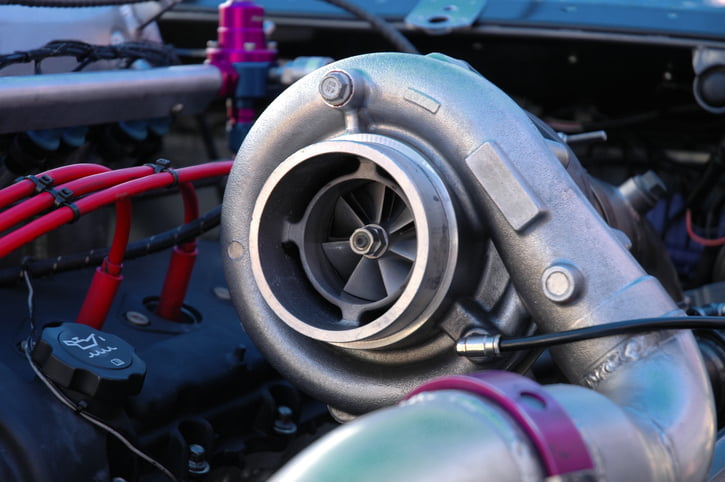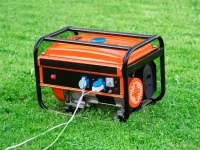How to Maintain the Turbocharger in Your Car

A turbocharger is an essential part of many modern cars, particularly European and high-performance models. The lifespan and optimal performance of your car’s turbocharger can be extended with proper maintenance. This is a thorough guide to maintaining the turbocharger in your vehicle.
Recognize the Function of Your Turbocharger
It’s crucial to comprehend how your turbocharger operates before doing any maintenance. Utilizing exhaust gasses to drive a turbine, a turbocharger compresses intake air to supply the engine with additional air. While increasing engine power, this process stresses the components and produces heat.
Make Use of Premium Engine Oil
As directed by the manufacturer, check and replace your engine oil on a regular basis. Proper viscosity and high-quality synthetic oil are essential for bearing lubrication and cooling of the turbocharger. Inattention to oil changes might result in carbon build-up and early turbocharger failure.
Permit Appropriate Heating and Cooling
High temperatures and speeds are experienced by turbochargers. To guarantee adequate oil circulation, always let your engine warm up before applying significant acceleration. In a similar vein, let the engine idle for a minute after driving in order to enable the turbocharger to cool and avoid oil coking inside the turbo.
Check and Replace Air Filters on a Regular Basis
The lifespan of the turbocharger depends on clean air. Airflow to the turbo might be restricted by clogged or dirty air filters, which will make the engine work harder and possibly overheat. To preserve appropriate airflow and safeguard the turbocharger, replace air filters at the suggested intervals.
Examine and Keep Up the Exhaust System
An important factor in the performance of a turbocharger is the exhaust system. Check the exhaust system frequently for leaks, fractures, or broken parts. A leaky exhaust system might result in a drop in boost pressure, which will force the turbocharger to run longer than necessary.
Keep an Eye on Your Boost Levels
Use a boost gauge to monitor the boost levels in your car. Unexpected decreases in boost pressure may be a sign of an issue with the turbocharger or other associated parts.
Steer Clear Of Heavy Loads and Abrupt Accelerations
Although the purpose of a turbocharger is to boost power, excessive loads and abrupt accelerations may cause them to become sensitive. Consistently pushing your automobile to its limits might strain the turbocharger and other engine parts.
Seek Professional Advice
Speak with a qualified mechanic if you have any suspicions about your turbocharger, or if you observe decreased performance or strange noises. Before turbocharger issues worsen, Auto Repair Services in Lehi, UT can identify and fix them.
Conclusion
You may contribute to preserving the long-term health of your car’s turbocharger by adhering to these maintenance recommendations. In addition to enhancing performance, preventative maintenance saves money on future, expensive repairs. When you take good care of your turbocharger, it will reward you with increased engine output and efficiency.







